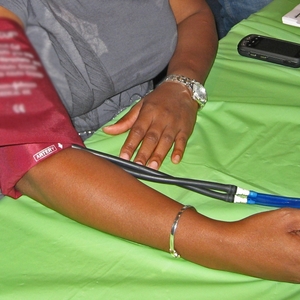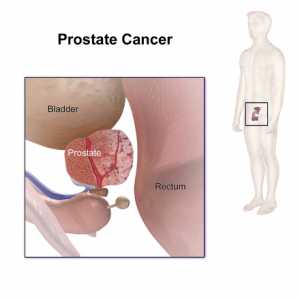Author Interviews, Gastrointestinal Disease / 11.02.2025
Weill Cornell Study Finds Geographic Disparities in Access to Gastroenterologists due to Greater Demand for Services and Limited Number of Providers
MedicalResearch.com Interview with:
Arun B. Jesudian, MD
Associate Professor of Clinical Medicine Medicine
Weill Cornell Medical Center
Transplant hepatologist at NewYork-Presbyterian/Weill Cornell Medical Center
MedicalResearch.com: What is the background for this study?
Response: In recent years, the demand for gastroenterologists continues to increase due to an aging population, increase in the prevalence of gastrointestinal and hepatology diseases, updates in screening and surveillance recommendations, and advances in therapeutic techniques. In this study, we set out to examine geographic distributions of gastroenterologists in the United States.
MedicalResearch.com: What are the main findings?
Response: We found that on a national level, over 80% of the population lives within 25 miles of the closest gastroenterologist. However, 2,183 (69%) of the US counties do not have a practicing gastroenterologist, and 454 of the 1,167 metropolitan counties in the US do not have a gastroenterologist. Additionally, gastroenterologists in non-metropolitan counties tend to be older, with almost a third over the age of 65.
(more…)




























